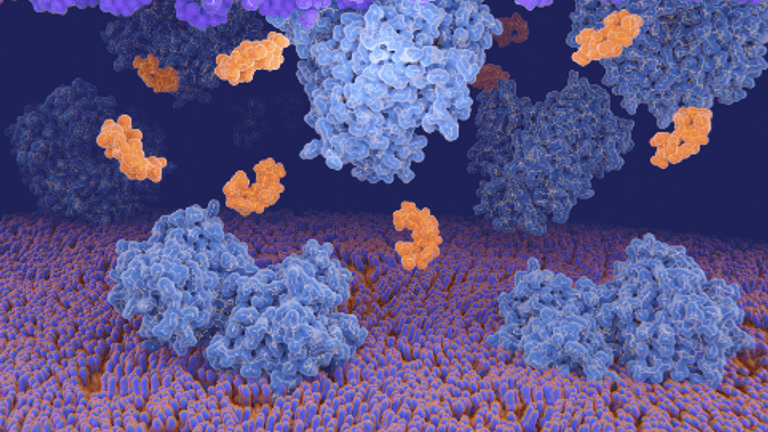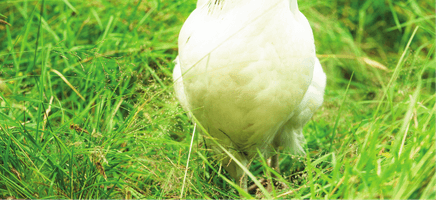
Antibiotic Reduction in Animal Production
In recent years, increasing efforts have been made to reduce the use of antimicrobials in animal production. Following the implementation of the first antibiotic reduction program, farmers faced several challenges in maintaining the health and productivity of poultry. The abrupt change from traditional antibiotic use resulted in challenges such as increased susceptibility to infection, sub-optimal growth rates and an increase in overall production costs. In addition, without the familiar antibiotic safety net, the industry faced an increased risk of disease outbreaks, impacting both animal welfare and economic sustainability.
Overcoming these difficulties became a focus for farmers seeking effective alternatives to antibiotics while ensuring the well-being of their poultry.

Unlocking the Potential of Essential Oils and Lipid Compounds in Animal Nutrition
In recent years, products containing essential oils extracted from a variety of spices and herbs have come to the fore as powerful growth promoters in animal nutrition. These phytogenic additives have a range of effects, from improving feed intake and palatability to stimulating the secretion of digestive enzymes. Essential oils, such as garlic and oregano, are commonly used as antimicrobials and for their beneficial effects on gut health, growth performance and meat quality.
Oregano oil contains several active compounds, including carvacrol and thymol, which are known for their antimicrobial properties. These compounds disrupt the bacterial cell membrane, leading to structural damage and eventual cell death. Carvacrol in particular has been shown to have strong antibacterial activity against a wide range of micro-organisms.
Moving from oregano oil, which is known to disrupt bacterial cell membranes, to other potent oils like thyme, anise or tea tree, we also investigate the efficacy of monoglycerides and diglycerides of short and medium chain fatty acids. Monoglycerides and diglycerides, compounds of glycerol linked to one or two fatty acids respectively, show significant effects on immune-related functions when incorporated into poultry diets. These include regulating antibodies, reducing pro-inflammatory cytokines and influencing metabolic functions to help maintain gut integrity in poultry.
Monoglycerides and diglycerides (MDGs) hold promise in enhancing animal well-being, productivity, and environmental sustainability, all without exacerbating antimicrobial resistance.
As antimicrobial program, all these ingredients work together to boost digestion and keep animals healthy. They fight harmful germs in the gut and help the intestines stay strong, making it easier for animals to absorb nutrients effectively.
We invite you to explore XVET’s powerful liquids: Novosol and OregoPlus to discover the diverse arsenal of our non-antibiotic alternatives.
Our Solution
 OregoPlus®Naturally bigger
OregoPlus®Naturally bigger
